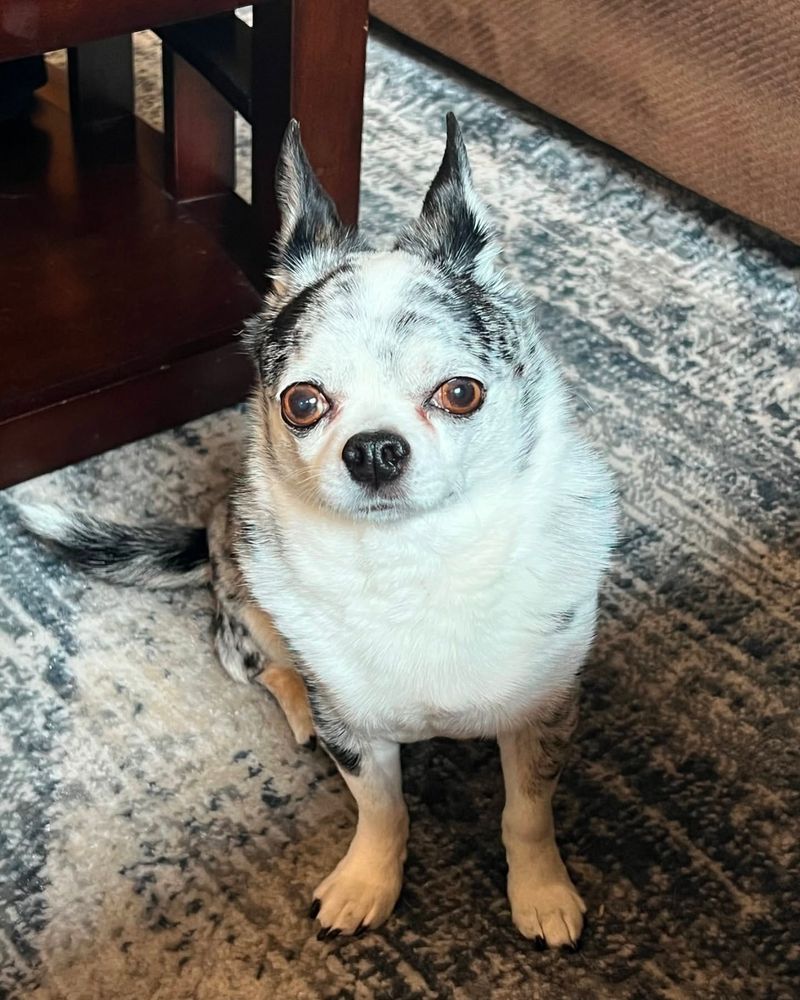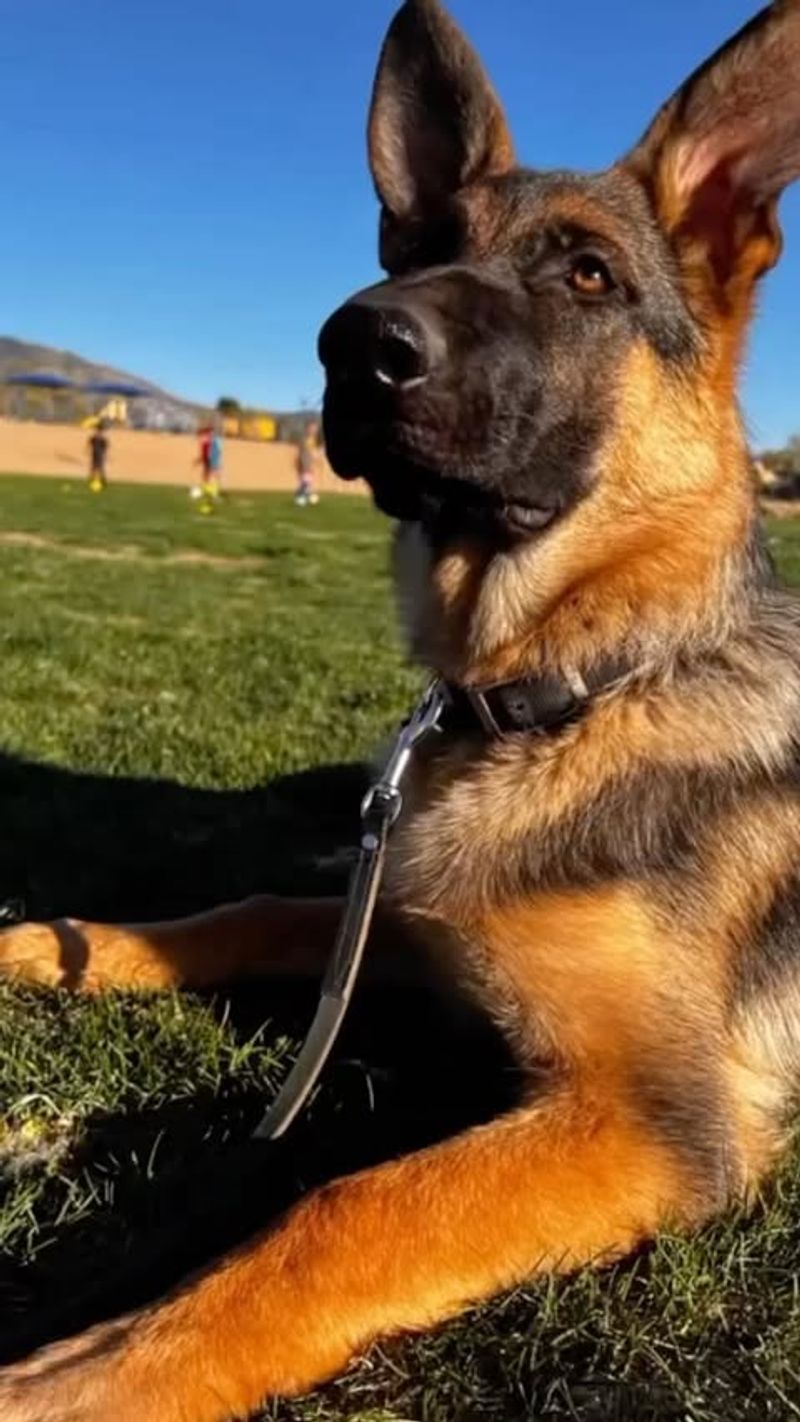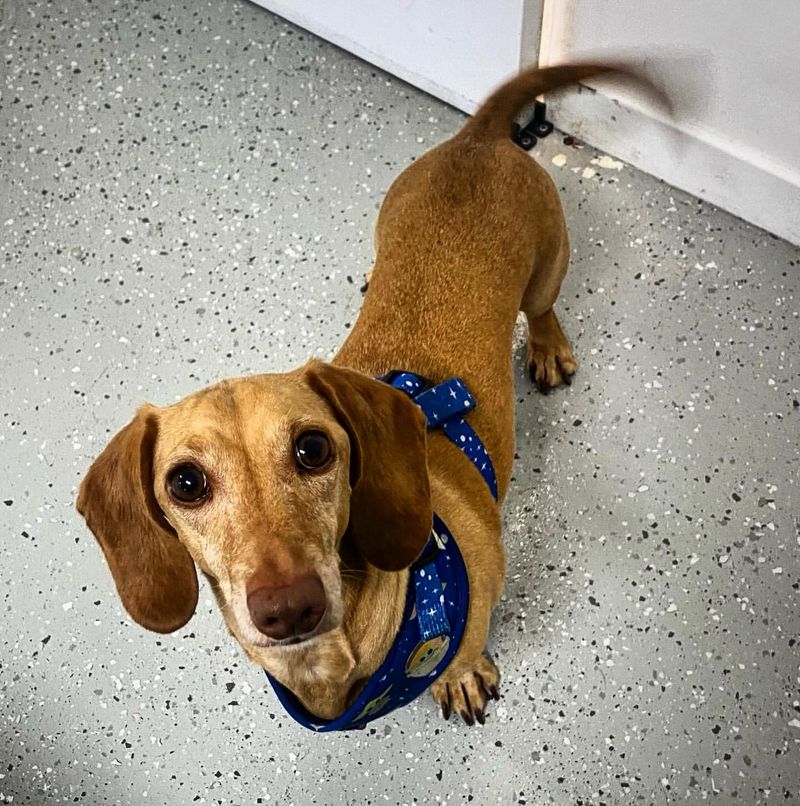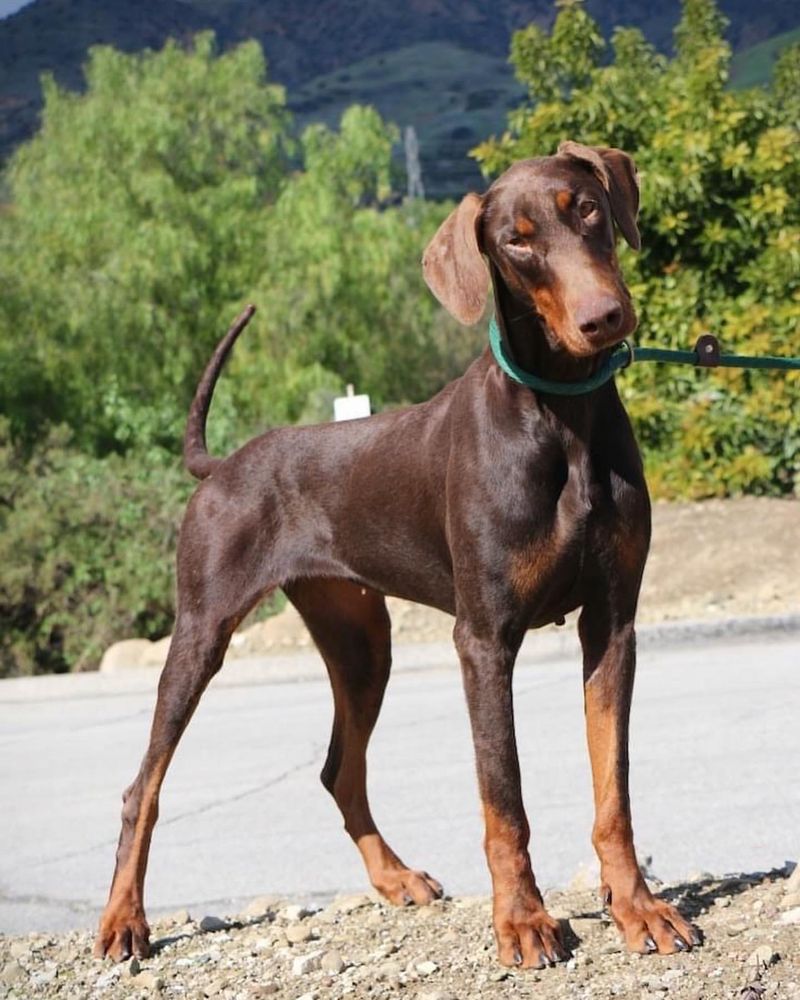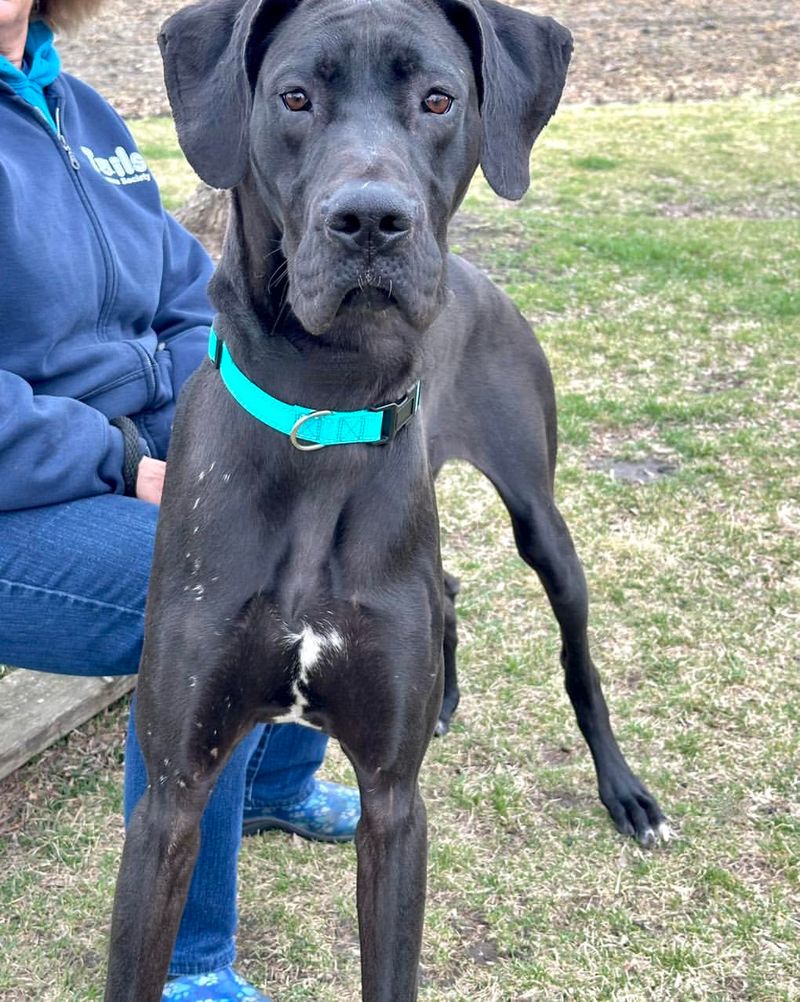Socialization is key to a dog’s well-being, especially for certain breeds. These breeds often require additional attention and effort to ensure they grow into well-rounded and friendly companions. Understanding which dogs may need this extra push can be crucial in fostering positive interactions. Here, we explore eleven dog breeds that greatly benefit from focused socialization efforts. Whether you’re a new pet owner or an experienced one, this guide offers actionable advice and insights into making your furry friend a social butterfly.
Chihuahua
Chihuahuas, with their tiny size and big personalities, can often be reserved around strangers. It’s essential to introduce them to various environments early on.
By exposing them to different people and pets, they learn to adapt better and feel secure outside their comfort zone.
A well-socialized Chihuahua is less likely to bark excessively and more likely to be a pleasant companion. Consider arranging playdates at dog parks to nurture their social skills and encourage positive interactions. With patience and consistency, your Chihuahua can become a well-adjusted member of any social gathering.
Rottweiler
Rottweilers are often misunderstood due to their strong build and protective instincts. Early socialization helps them navigate new experiences with ease.
Introducing them to diverse situations and people ensures they grow into confident and happy dogs.
By understanding the importance of gentle interactions, they become excellent family pets. Consider enrolling in obedience classes where they can meet other dogs.
This environment helps them learn boundaries and appropriate play. A socially adept Rottweiler becomes a source of joy and loyalty, thriving in family settings.
German Shepherd
Renowned for their intelligence and trainability, German Shepherds benefit immensely from structured socialization.
This breed thrives when introduced to varied stimuli, which sharpens their natural problem-solving skills.
Frequent outings to busy places help them acclimate to different sights and sounds.
Attending group classes can further hone their abilities and provide mental stimulation.
Such exposure reduces apprehension and enhances their confidence. These efforts pay off, creating a well-balanced and obedient companion who excels in both family and working environments.
Dachshund
Despite their small stature, Dachshunds possess a bold and curious nature. Socialization helps manage their inherent stubbornness and enhances their friendliness.
Introducing them to diverse settings encourages adaptability and reduces anxiety.
Taking them to dog-friendly cafes or parks enables them to meet a range of people and pets.
Such interactions foster positive behaviors and minimize fearfulness.
With consistent efforts, Dachshunds learn to enjoy new experiences. This approach leads to a happier and more sociable pet, eager to explore the world around them.
Doberman Pinscher
Doberman Pinschers are known for their loyalty and protective instincts. Structured socialization is key to nurturing their gentle side.
Introducing them to various environments helps dissipate any territorial tendencies. Visiting dog-friendly venues allows them to adapt to diverse situations.
This practice builds confidence and reduces anxiety in unfamiliar settings. Participating in group training sessions also aids in reinforcing positive behaviors.
A well-socialized Doberman becomes a balanced and affectionate companion, seamlessly fitting into family life while maintaining their vigilant nature.
Bulldog
Bulldogs, with their distinctive appearance, often face unfair stereotypes. Socialization helps them break free from these misconceptions.
Introducing them to a variety of people and pets fosters a positive mindset and diminishes wariness. Regular walks in busy areas assist in their acclimatization to different environments.
Engagement in playful interactions ensures they develop patience and gentleness. With proper socialization, Bulldogs grow into affectionate and calm companions, ideal for family settings.
Their friendly demeanor enriches social gatherings, making them beloved participants in various activities.
Poodle
Poodles are celebrated for their intelligence and elegance. However, they benefit from socialization to balance their lively nature.
Introducing them to new experiences enhances their adaptability. Regular visits to dog-friendly locations expose them to diverse stimuli, boosting their confidence.
Engaging in group activities sharpens their social skills and promotes harmonious interactions. Socialization also reduces separation anxiety, making them comfortable in different settings.
A well-socialized Poodle becomes a joyful companion, fitting perfectly into various lifestyles, and spreading joy with their cheerful disposition.
Beagle
Beagles, with their strong scenting instincts, thrive on exploration. Socialization supports their inquisitive nature and curtails stubbornness.
Taking them on varied adventures satiates their curiosity and builds confidence. Group hikes or outings introduce them to different environments, enhancing adaptability.
Such exposure reduces anxiety, promoting a calm demeanor. Engaging with other dogs during playtime fosters positive behavior.
Through consistent socialization, Beagles learn to balance their energy, becoming delightful companions. Their adventurous spirit adds excitement to any household, making them cherished family members.
Boxer
Boxers are known for their boundless energy and playful nature. Socialization is crucial for channeling their exuberance positively.
Introducing them to varied social settings helps them understand boundaries and appropriate behavior. Frequent park visits allow them to engage with other dogs, harnessing their energy constructively.
Participating in training classes provides mental stimulation and reinforces discipline. A well-socialized Boxer becomes a loving and manageable family pet, known for their enthusiasm and loyalty.
Their vibrant spirit adds joy to any gathering, making them beloved companions.
Cocker Spaniel
Cocker Spaniels, with their gentle and loving nature, benefit greatly from socialization. Early exposure to varied experiences fosters confidence and reduces shyness.
Taking them on family outings or to pet-friendly events enhances their social skills. Introducing them to different people and pets curtails excessive barking and anxiety.
Playful interactions contribute to a balanced temperament, making them ideal companions. A well-socialized Cocker Spaniel is a source of happiness, easily adapting to family life and spreading joy with their affectionate nature.
Great Dane
Great Danes, despite their imposing size, are known for their gentle disposition. Socialization helps them manage their strength with grace.
Introducing them to varied environments ensures they remain calm and composed. Regular walks in populated areas allow them to adapt to different situations, reducing nervousness.
Interaction with other dogs during playtime fosters positive behavior and confidence. A well-socialized Great Dane becomes a gentle giant, beloved for their elegant presence and affectionate nature.
Their calm demeanor makes them wonderful companions, bringing peace and joy to any home.

